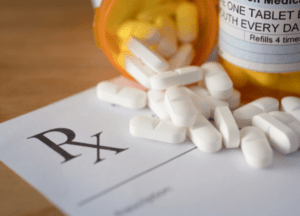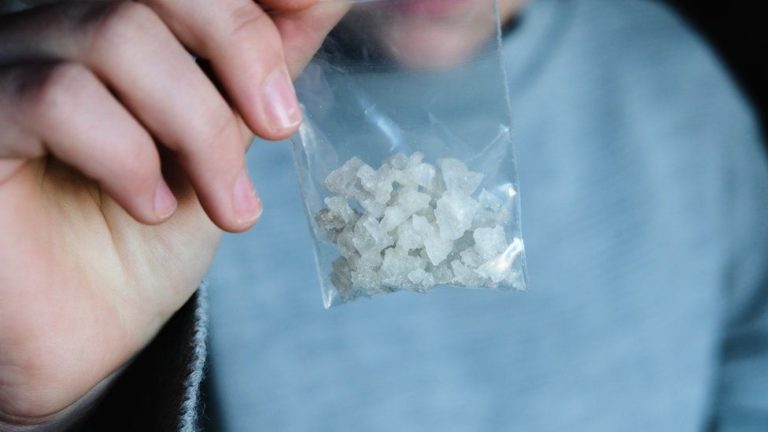5 Irreversible Side Effects of Opioid Abuse
Opioid abuse has become more widely recognized and understood in light of the epidemic in the United States. Keeping that in mind, we have not yet been successful in lessening the number of opiate-related deaths in America. The side effects of opioid abuse, the long-term effects of opioid abuse, risks of overdose and relapse, and other irreversible side effects continue to devastate the lives of individuals and families. The professionals at Oasis Recovery strive to provide expert personalized care in our opioid addiction treatment program. Reach out to us today to speak with a specialist about the benefits of our programs and services for lasting recovery.
5 Irreversible Side Effects of Opioid Abuse
1. Physical Health Problems
The long-term side effects of opioid abuse result in persistent and often permanent health concerns. Physical side effects of long-term opioid abuse can include:
- Respiratory problems
- Increased risk of overdose
- Heart damage
- Organ damage
- Intestinal blockages
- Increased risk of bone fractures
- Weakened immune system
- Risk for STIs like hepatitis
2. Mental Health Issues
Long-term opioid abuse can lead to serious mental health problems. One major cause for concern is brain damage. Other serious mental health concerns include:
- Increased anxiety
- Depression
- Problems with emotional regulation
- Post-traumatic stress disorder (PTSD)
- Early onset dementia and other diagnoses associated with a decline in mental cognition
3. Risky Behaviors
After abusing drugs for long periods of time your brain changes. Activities that are risky can provide a rush that feels familiar to experiences while using opioids.
Part of undergoing treatment at a recovery center involves treatment under the supervision of a mental health counselor who can help address core issues and learn life skills important in real-world situations. Co-occurring disorders and dual diagnoses are extremely common for those with substance abuse disorders. Receiving a proper diagnosis ensures proper treatment plans are designed to meet individual needs.
For those that do not undergo treatment, they are all too likely to return to their old ways. Long-term drug use encourages poor decision-making. Breaking the habit involves breaking the cycle of abuse. Individuals who have developed addictions have inevitably experienced trauma. Trauma can cause people to have difficulty managing their moods and anger issues. The choice to learn how to change your behavior impacts those that you love and who care about your well-being.
4. Problems with Reproductive Health
Long-term opioid abuse can negatively impact the reproductive systems of both men and women. Studies have indicated that women who have had long-term opioid addictions can have decreased fertility, risk of pregnancy loss, and other complications associated with pregnancy.
Men who engage in long-term opioid abuse can have issues with testosterone production and problems with the efficacy of their sperm.
It’s well-known that babies born to mothers who have been using opioids during pregnancy suffer from troubling acute and long-term physical and mental health risks including developmental issues.
5. GI Problems
Long-term opioid abuse is known to lead to GI problems such as chronic constipation. In particularly serious circumstances, bowel obstruction can have potentially fatal results and requires emergency intervention. Chronic constipation is also known to cause mental distress to an extent that some experience depressive episodes.
GI problems associated with long-term opioid use can lead to more emergency room visits and time spent in hospitals recovery from symptoms and related illnesses.
Reach Out to Oasis Recovery to Stop Opioid Abuse Today
At Oasis Recovery, we work with clients to recover from the effects of long-term opioid abuse. Sadly some effects of prolonged opioid abuse are irreversible. Keeping that in mind, certain physical and mental health risks can be mitigated by learning habits to maintain a healthy and positive lifestyle.
If you or someone you love is struggling with opioid addiction, we encourage you to reach out to us today for assistance. Contact us to speak with a specialist about our personalized opioid addiction treatment programs tailored to fit your individual needs.











